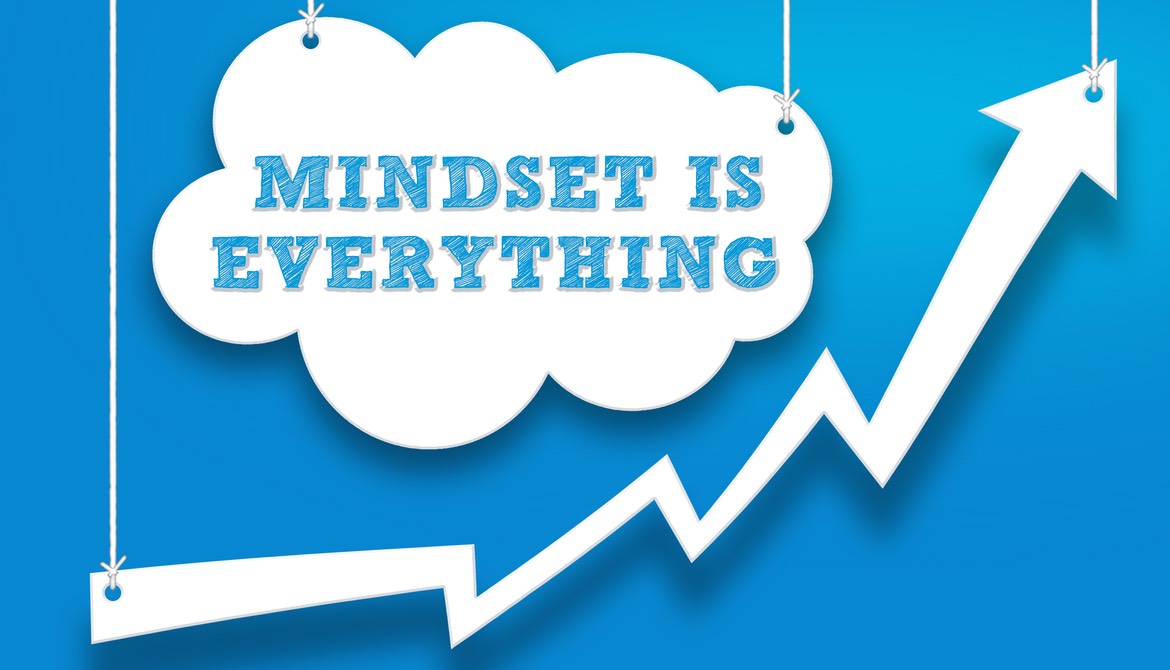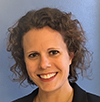3 minutes
With the right commitment, your team can expand its knowledge over time.
As CUES wraps up its celebration of Talent Development Month this week, I encourage you to reflect on your desire to develop, both as an individual and as an organization.
As individuals, our ability to meet objectives and accomplish goals is reliant on what we believe is possible. The way we view our own capabilities is a key driver in whether we will try something new or work to grow our current skill set.
In turn, our feelings about the capabilities of our organization drive us to identify goals and plans that will create growth. We need to be realistic about our team’s capabilities and address barriers and development opportunities with a growth mindset.
According to psychologist and researcher Carol Dweck, there are two types of mindsets: a fixed mindset and a growth mindset.
Fixed Mindset: The belief that qualities are fixed traits and cannot be changed.
An individual with a fixed mindset might believe that there is a set amount of knowledge available within an organization—people are born with special talents and every person has different abilities and intelligence that cannot get better with time, persistence and effort. As a result, solutions, in this person’s mind, are limited to the knowledge available at this moment.
Potential impacts of this mindset: defensive, negative emotions, avoidance
Growth Mindset: The belief that learning and intelligence can grow with time and experience.
An individual with a growth mindset might believe that what each individual brings with knowledge and experience today is a starting point, and that the overall organizational knowledge is capable of expanding.
Potential impacts of this mindset: adaptive, recovery, development
In today’s world, a growth mindset isn’t just important for an individual, but for teams, departments and organizations. We need to provide reminders of what is possible and what we have already accomplished. When barriers arise, we can learn and find ways to either move or remove these obstacles.
To do this, reflect on what you, your team and your organization have accomplished in the last six to 12 months—the core conversions and other new technologies that have been implemented, the development of individual skillsets, the response to new workflows, the products and services that have evolved and the new ideas that have helped to build a more efficient or effective organization. What you didn’t think you could do five years—or even six months—ago might now seem well within reach because you now recognize that what is available now isn’t where we must stop.
Check out these tips to support your and your organization’s growth mindset:
- Acknowledge barriers. Whether these are individual skill set weaknesses or barriers on a project or experience, don’t avoid them. Recognition allows you to set goals to work through and tackle a barrier.
- Prioritize learning. Set aside time to learn. If you struggle to find time, reflect on your day and think about what you learned. You might be surprised how much you learn each day without specifically devoting time to your development.
- Focus on the process. Recognize that success takes time, and the process is key to reaching a goal. Take opportunities to learn along the way as the unexpected may pop up and provide insight you did not anticipate.
- Have a sense of purpose. Remember the reason you do what you do. When things are changing quickly, it can be easy to get bogged down and lose sight of your “why.” Create an opportunity to remind individuals of the purpose for a project or just to help get through a tough day.
As we navigate unknown waters while trying balance the needs of staff and members, remember that the capabilities of your organization today most likely aren’t your only capabilities for tomorrow.
Jennifer Stangl is director of professional development at CUES. CUES Consulting offers support in the creation of individual development plans for employees as well as resources for leaders to hone their skills in supporting employee development.






